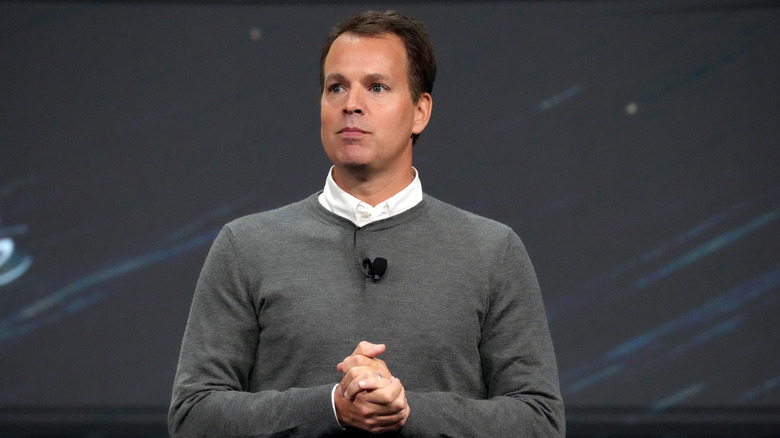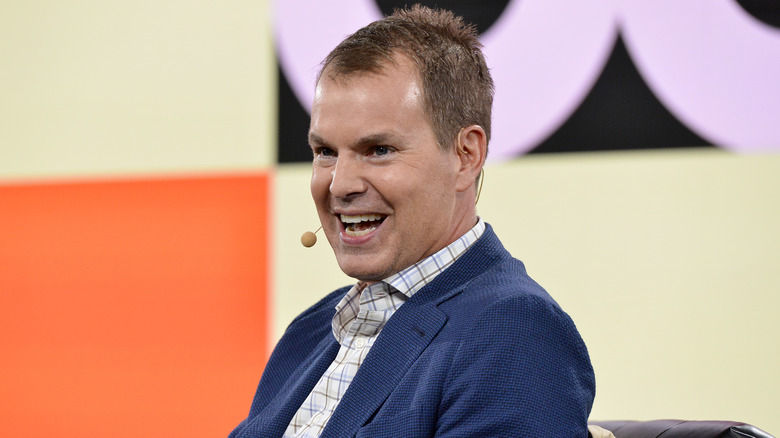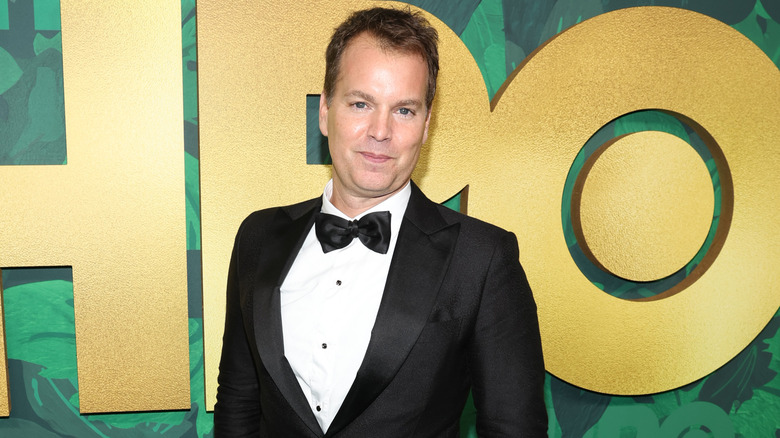HBO CEO Reveals Why He Attacked TV Critics With Fake Twitter Profiles In Apology
Casey Bloys is trying to explain the embarrassing revelation that he and other HBO executives made fake social media accounts to troll television critics. A Rolling Stone report on November 1 revealed that network chief Bloys and other staffers made fake accounts on X (formerly known as Twitter) to "defend" some of their properties against critics. According to Variety's report, Bloys apologized for this ... "strategy."
"For those of you who know me, you know that I am a programming executive very, very passionate about the shows that we decide to do. And the people who do them and the people who work on them," Bloys said at an HBO content presentation, an event which was meant to release information about the premium network's upcoming slate of programming. He went on to explain the rationale behind the move.
"I want the shows to be great," he explained. "I want people to love them. I want you all to love them. It's very important to me what you all think of the shows. When you think about that, and then think of 2020 and 2021, I'm working from home and doing an unhealthy amount of scrolling through Twitter. And I come up with a very, very dumb idea to vent my frustration."
Casey Bloys has a new idea for ways that he can argue with critics who go after HBO shows
Perhaps the funniest thing about Casey Bloys' mea culpa during the HBO presentation is that he admitted his strategy was ... just kind of silly. "Obviously, six tweets over a year and a half is not very effective," Bloys confessed. He then apologized to anyone he may have mentioned in the leaked emails and text messages. "... Nobody wants to be part of a story that they have nothing to do with," the executive said.
From there, Bloys made a somewhat strange pivot, telling a room full of reporters that if they take umbrage with any of his products, they can simply slide into his DMs on social media and go ahead and debate with him there. "But also, as many of you know, I have progressed over the past couple of years to using DMs. So now, when I take issue with something in a review, or take issue with something I see, many of you are gracious enough to engage with me in a back and forth and I think that is a probably a much healthier way to go about this," he said.
What exactly happened with HBO staffers and television critics?
Let's take a step back for a moment. Why did Casey Bloys have to — or even want to — instruct staffers to cyberbully television critics who went after HBO properties? Well, it all started when, according to Rolling Stone's report, Vulture critic Kathryn VanArendonk wrote some thoughts about a screener of HBO's "Perry Mason." As she put it, "Dear prestige TV, please find some way to communicate male trauma besides showing me a flashback to the hero's memories of trench warfare."
Bloys didn't like this one bit and reportedly texted HBO's senior vice president of drama programming Kathleen McCaffrey. "Maybe a Twitter user should tweet that that's a pretty blithe response to what soldiers legitimately go through on [the] battlefield," he apparently wrote. "Do you have a secret handle? Couldn't we say especially given that it's D-Day to dismiss a soldier's experience like that seems pretty disrespectful ... this must be answered!" VanArendonk wasn't the only critic Bloys reportedly targeted; another notable one was Rolling Stone's own Alan Sepinwall, who criticized the Joss Whedon-led series "The Nevers."
This all came to light thanks to a lawsuit waged by former HBO staffer Sully Temori, who said that his work on the troubled HBO original "The Idol" was plagued with near-constant problems. One thing he claims he was asked to do was make fake social media accounts to bother critics, bolstering this embarrassing report. Now, Bloys has addressed it, and presumably, he can expect a lot of critics to DM him directly from here on out.


